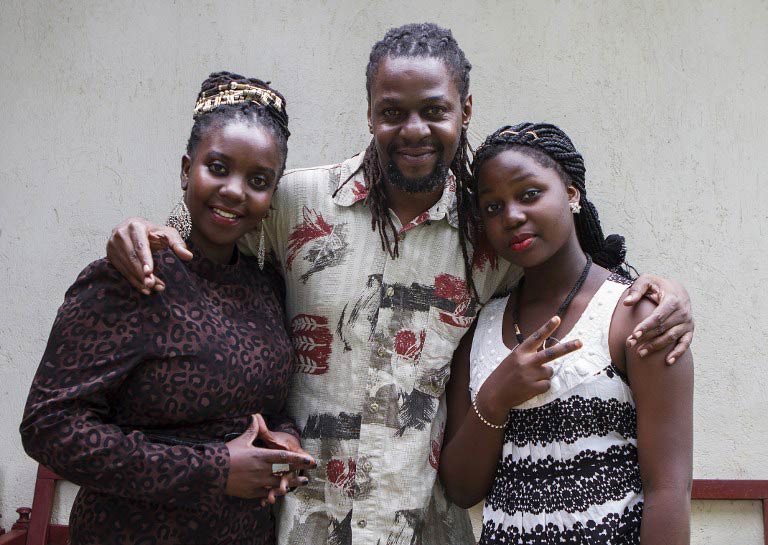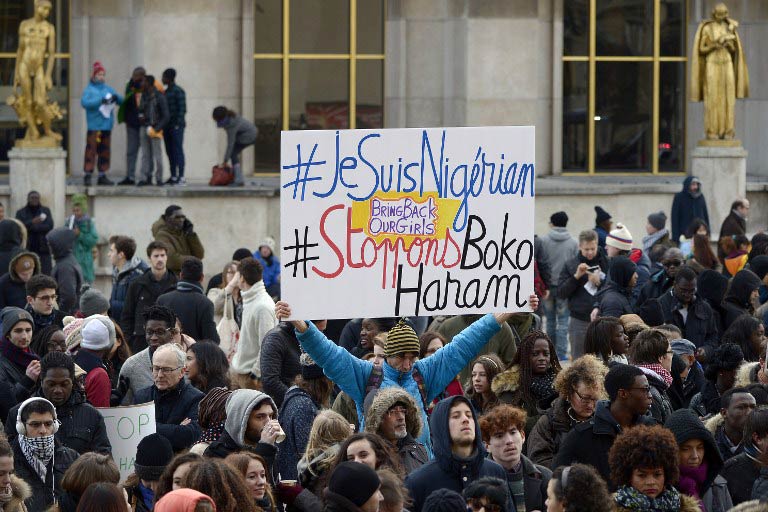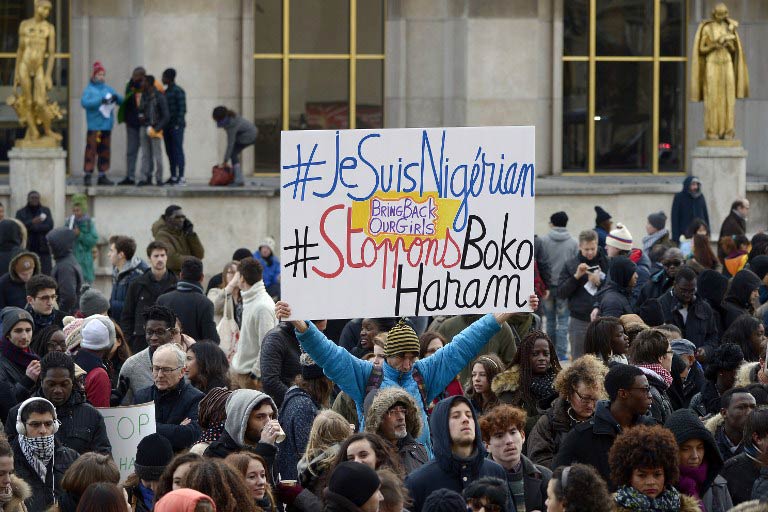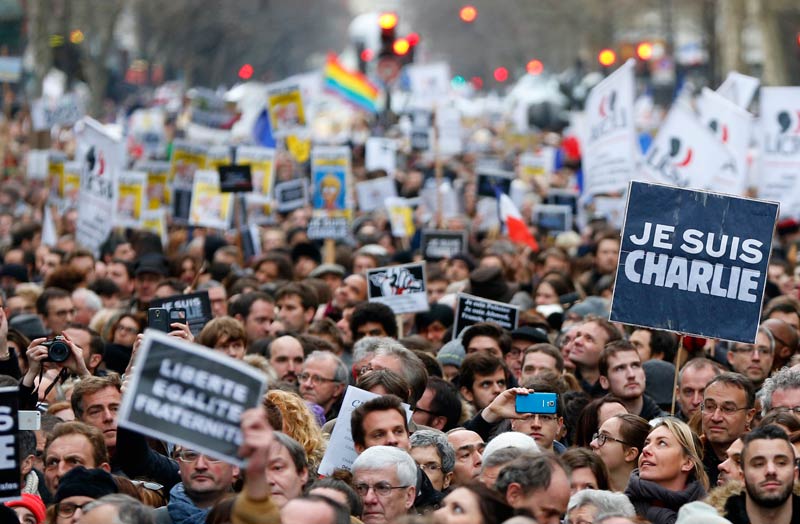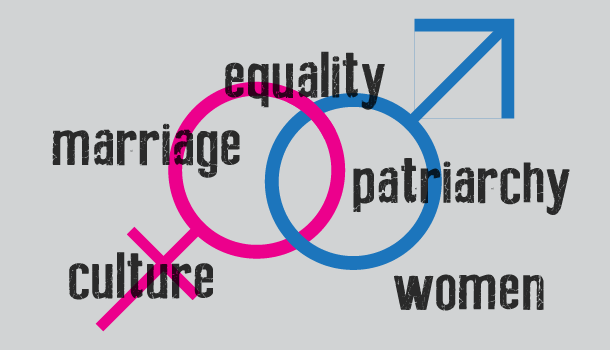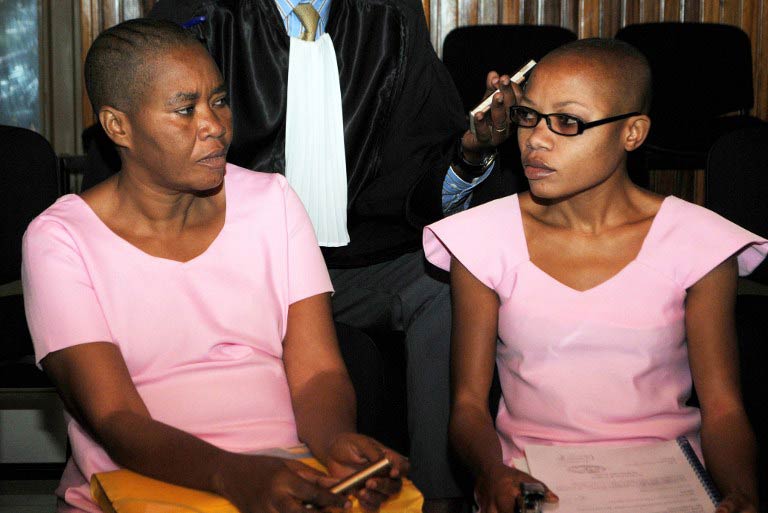
My uncle, Lovemore Dexter Mushaka, died in 2000 before the age of Google and Facebook. He was 40. For many years he was a legend in the family. He only existed as an idea. All I knew about him was that he lived in America. He left Zimbabwe in the early 80s with his wife and their baby. I was too young and vaguely remembered him.
He spoke on the phone with his elder brother, my father, constantly. Our connection was through postcards he sent every Christmas, sometimes accompanied by a box of new clothes and some American memorabilia. Opening the box was always an occasion.
He returned to Zimbabwe in the late 90s but he was always on the move, chasing his dreams or looking for the next big deal. Uncle LDM, as we called him, had many business ventures of varying success. Then we heard in the news like everyone else that he was starting a TV station. He named the station after himself, LDM Broadcasting Systems.
The government of Zimbabwe had decided to rent out the second TV channel to independent companies to shake off pressure from civil rights groups to liberalise the airwaves. Unfortunately, the arrangement did not last. The new broadcasters – Joy TV, LDM Broadcasting and Munhumutapa African Broadcasting Corporation – were soon switched off air, apparently because they defaulted on their rent payments.
As Zimbabwe was proving to be a difficult operating environment, my uncle shifted his focus to neighbouring Zambia. His company was soon granted a satellite broadcasting licence by the Zambian government to establish a radio and TV multi-channel satellite facility that was to be built in Kafue, a town in the south-east of Lusaka. It was set to beam programmes to the entire SADC region. Two years after signing the agreement my uncle was dead. He certainly had foresight for what was to come, the proliferation of satellite TV.
In Zimbabwe, the broadcasting industry has not expanded in any significant manner since 1980. There has been only one state broadcaster that has dominated Zimbabwe’s airwaves, the Zimbabwe Broadcasting Corporation. Instead of the popular acronymic name ZBC, many call the institution, Dead-BC. Some places in the border towns of Beitbridge and Binga have had no TV and radio signal since independence. It is just recently that the Broadcasting Authority of Zimbabwe has awarded radio licences to ‘independent entities and individuals’ all of whom have strong links to the ruling party, Zanu-PF.
Under the stewardship of Jonathan Moyo, state media channels increasingly became propaganda platforms. Stringent media laws such as Public Order and Security Act (POSA) and Access to Information and Protection of Privacy Act (AIPPA) were passed to frustrate independent media and protect state monopoly on access to and distribution of information.
The political and legal environment made it near impossible for the entry of divergent media players. Government introduced a 75 percent local content policy to shut out external influences. Zanu-PF jingles, talk shows on patriotism and one-sided political programmes bashing the West and the opposition Movement for Democratic Change became the agenda.
Zimbabweans tuned out en masse. People started using Wiztech and Philibao decoders to decrypt South African signals. The free-to-air decoders, despite their illegal transmission, offered millions of Zimbabweans with alternative views and perspectives. TV shows such as Generations, Muvhango and Isidingo gained cult-like followings.
It is estimated that more than three million Zimbabweans used the free-to-air decoders to access foreign channels rather than subject themselves to Zanu-PF propaganda and the general poor programming on ZBC. A few well-to-do families subscribed to Digital Satellite Television (DStv). According to the Information and Media Panel of Inquiry report on the state of media in Zimbabwe released in March, Zimbabweans generally regard both public and private media as manifestly corrupt and designed for disinformation, propaganda and information cover-up.
The government’s reluctance to speed up the switch from analogue to digital has been widely viewed as political. In an ideal situation, digital migration will foster media pluralism or diversity by enabling the broadcasting of more channels with a wider range of programming. As a result viewers and listeners would be able to receive more diverse information and opinions.
My uncle’s TV station earned me a few points with girls at school. Its brief existence coincided with the time when I was finishing junior high school and slowly contemplating what to do with the rest of my life. I toyed with the idea of becoming a dentist or architect because I thought these professions would make me feel rich and important. But I had a natural affinity for writing and media and my uncle became an immediate example of the possibilities.
In January this year, I went to America for the first time to tread on the same ground as my uncle. Even though I have been a journalist for almost a decade, I felt it was time to step up and learn the business of media. It was no longer just enough to write but to come up with platforms that encourage and enable young people to participate in the national discourse. I also believe that young media entrepreneurs who develop new business models and innovative projects will shape the future of journalism in Africa.
The legend of Lovemore Dexter Mushaka lives on even though he still feels like an idea, a dark-suited dream that briefly walked in the streets of my youth. I only got to know and interact with my uncle during the last two years of his life but his ideas to enable millions of Africans to have access to information and quality journalism have never been more potent. It is an ambition I will fulfill.
Tinashe Mushakavanhu is a writer and journalist from Zimbabwe. He was a Tow-Knight Entrepreneurial Journalism fellow at the CUNY Graduate School of Journalism in New York and currently building his own media start-up. Prior to that he was Online Editor at The Financial Gazette.


